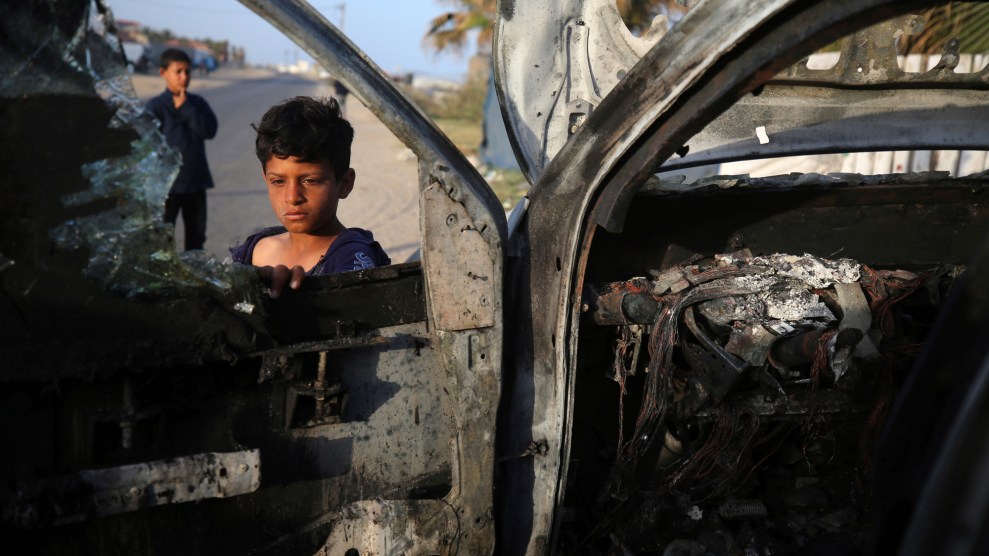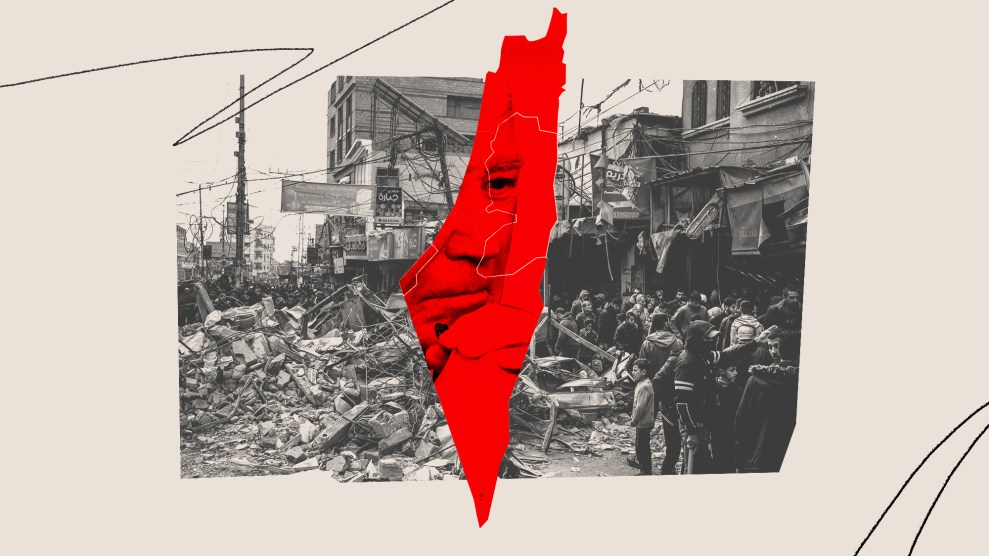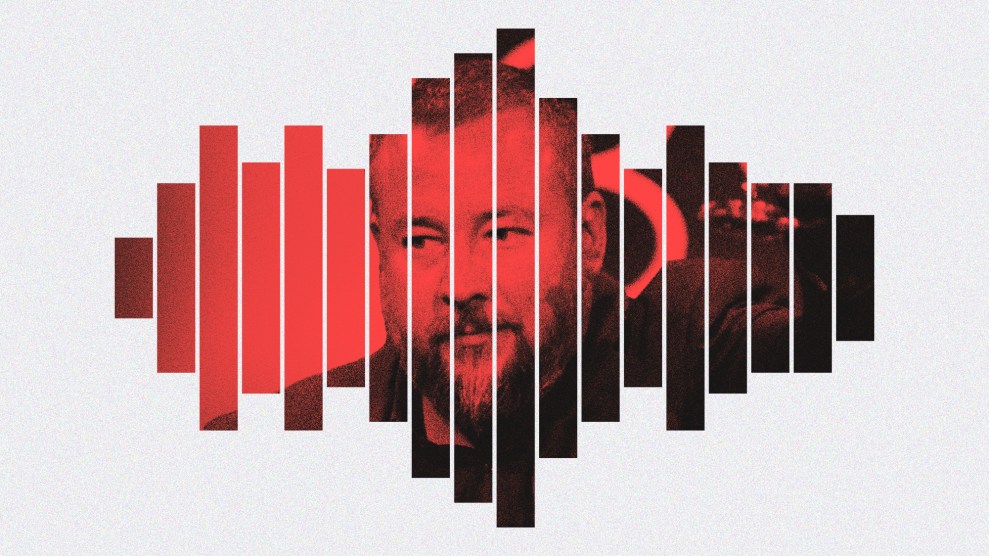
Andrés visits Capitol Hill in March.J. Scott Applewhite/AP
World Central Kitchen founder José Andrés said called for a “deeper” outside investigation of the airstrike that killed seven aid workers for his organization this week, and reiterated his claim that his colleagues were “deliberately attacked” and “targeted.”
In an exclusive interview that aired Sunday on ABC’s This Week with George Stephanopoulos, Andrés said he was not satisfied with the Israel Defense Forces’ initial report, released Friday, that called the incident “a grave mistake.” He demanded more evidence for the IDF’s claim that they could not see the aid organization’s logo on the roof of their vehicles.
“Well, I want to thank, obviously, the IDF for doing such a quick investigation. But at the same time, I will say something so complicated, the investigation should be much more deeper. And I would say that the perpetrator cannot be investigating himself,” Andrés told co-anchor Martha Raddatz. “I would say we need more information. We need to see better quality videos.”
“I’m very sure that probably, those logos were visible,” he added. “There were white cars. That logo is very colorful. Even in a dark night, I guarantee you that those drones, could be seen.”
"This doesn't seem a war against terror. This doesn't seem anymore a war about defending Israel. This really, at this point, seems it's a war against humanity itself," José Andrés tells @MarthaRaddatz after seven World Central Kitchen workers were killed. https://t.co/mAriVa9Xz5 pic.twitter.com/64dUJ1j5ff
— This Week (@ThisWeekABC) April 7, 2024
The interview comes days after the aid workers—who hailed from Australia, Poland, the United Kingdom, and Palestine, and included one dual citizen of the United States and Canada—were killed after Israel fired three missiles at their convoy. Haaretz reported that Israeli forces fired at three separate vehicles as the aid workers moved between them, trying to escape. Following the strikes, the organization announced it was pausing its relief work in the region, despite recent warnings from the UN that famine is “imminent” in Gaza.
The IDF didn’t immediately respond to a request for comment on Andrés’ remarks. But in the IDF’s statement sharing its findings on Friday, the army conceded that “WCK coordinated everything correctly with the IDF in advance,” while claiming the strikes were the result of what it called “operational misidentification and misclassification” from personnel who believed the vehicles belonged to Hamas. Andrés rejected that explanation on ABC: “Every time something happens, we cannot just be bringing Hamas into the question,” he said. Later, Andrés added: “This doesn’t seem a war against terror. This doesn’t seem anymore a war about defending Israel. This really, at this point, seems it’s a war against humanity itself.”
Sunday also marks the six-month anniversary of the war, which began when Hamas launched an attack on Israelis on October 7, killing 1,200 people and kidnapping about 250 others. Israel responded with an assault on Gaza, which has since resulted in the death of more than 33,000 Palestinians, most of them women and children, according to the Associated Press, which cites Palestinian health officials.
As the war has raged on, Biden has faced growing pressure both within the administration and from voters to stop supporting Israel by vetoing ceasefire resolutions at the UN or by sending them bombs and funds. Following Israel’s killings of the World Central Kitchen aid workers, National Security Council spokesperson John Kirby said the Biden administration wanted to see Israel provide a “dramatic increase” in humanitarian aid to Gaza in the coming “hours and days,” but declined to specify how the administration would respond if Israel failed to do so. According to the White House, Biden also relayed those expectations to Israeli Prime Minister Benjamin Netanyahu in a phone call on Thursday in which he also called for an “immediate ceasefire.”
Kirby also appeared on This Week on Sunday, where he declined to say whether the administration felt Israeli’s investigation of the airstrike was adequate, saying it hadn’t yet “come to any conclusions one way or another.” Kirby also told Raddatz he didn’t know if Andrés was right to question the IDF’s ability to see the logos on top of the vehicles.
Andrés, in his ABC interview, criticized the administration’s hesitance to impose conditions on Israel: “You can be a friend of Israel, and at the same time, you can be telling your partner in the Middle East, you cannot be conducting war in such a way. You cannot be destroying every building, every hospital, every school, every university,” he said.
“I think ‘there will be consequences’ is part of the problem—[there] should be already consequences,” Andrés added.
















